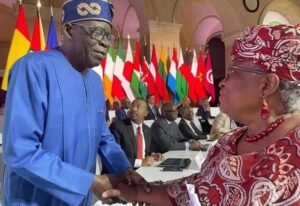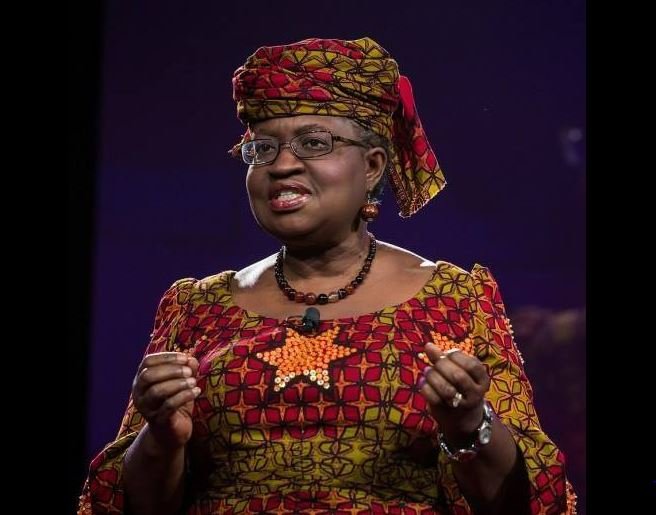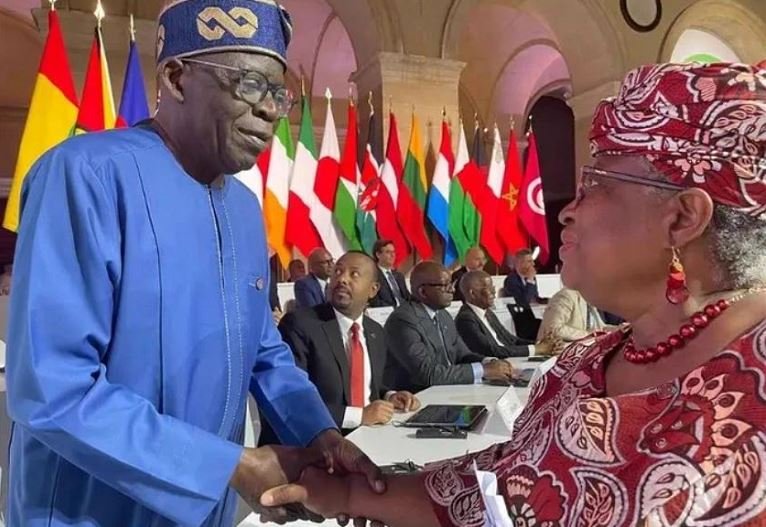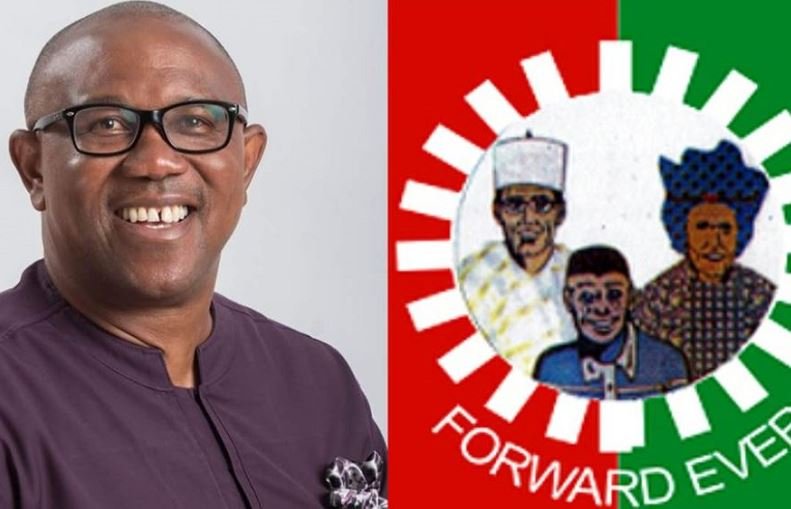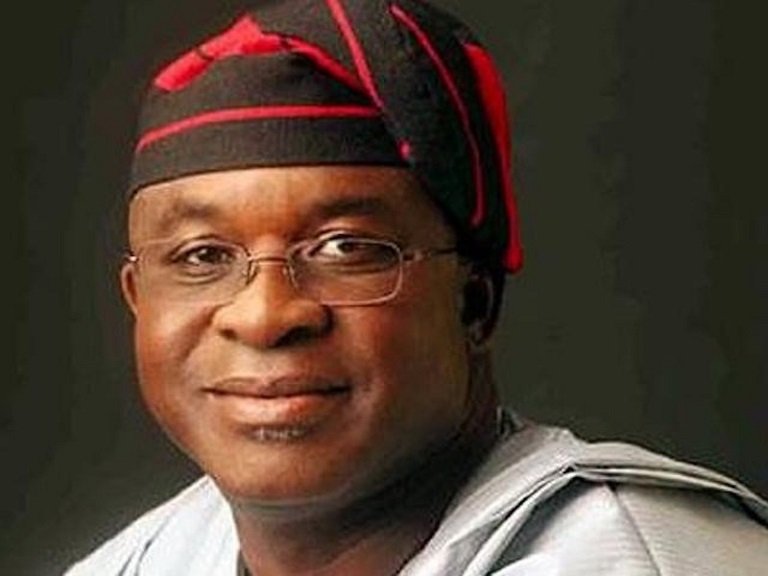Director-General of the World Trade Organisation Ngozi Okonjo-Iweala has announced a $50 million global fund to support women entrepreneurs in digital trade, warning that global commerce is entering “extremely challenging times” typified by increased unilateralism and protectionism.
The WTO and the International Trade Centre collaborated on the Women Exporters in the Digital Economy Fund program, which aims to provide women-owned firms in developing countries with the skills, resources, and networks they need to compete in global value chains.
In her address on Thursday in Abuja, Okonjo-Iweala warned that Nigeria’s poor internet penetration, with more than half of the population still offline, might impede the country’s ability to participate in the rapidly expanding global digital trade sector.
Okonjo-Iweala stated that only 45 per cent of Nigerians are connected to the internet, far below the global average of 67 per cent.
The WTO DG said, “No nation can truly digitise without a steady supply of electricity and reliable, affordable internet. More than half of Nigerians remain disconnected, and this gap must be closed if we are to seize the opportunities of digital trade.”
“This is more than a programme. This is going to be a movement,” Okonjo-Iweala declared. “We want women entrepreneurs not just surviving, but thriving on the world stage.”
The former Nigerian finance minister mentioned that the launch comes at a time when total global trade stands at $30.4tn, with digital trade representing the fastest-growing segment, yet Africa’s share remains under one per cent.
“In 2005, digitally-delivered services like IT, consulting and education were worth about $1tn. Today, that figure has quadrupled to $4.25tn,” she noted. “It is an area where Nigeria’s women can and must take advantage.”
This year, the WEIDE Fund is rolling out in just four countries, Jordan, Mongolia, the Dominican Republic and Nigeria. Okonjo-Iweala said Nigeria’s selection after a very competitive process involving over 600 business support organisations worldwide.
“The Nigerian Export Promotion Council, under Mrs. Nonye Ayeni, stood out with a strong, well-thought-out application,” she said. “This was not man-no-man or woman-no-woman. Nigerians don’t need a Nigerian at the WTO to win; they win on their merit.”
Over 67,000 Nigerian women entrepreneurs applied for the inaugural cohort, and while the original objective was to help 100 enterprises, the outstanding quality of the submissions resulted in the selection of 146 beneficiaries.
“67,000 Nigerian women entrepreneurs applied for the fund. Due to the exceptional quality of entries, the number of beneficiaries was increased from 100 to 146 awardees.
“Sixteen entrepreneurs in the Booster Track will each receive up to US$30,000 and 18 months of technical assistance.
“One hundred and thirty entrepreneurs in the Discovery Track will each get up to US$5,000 and a year of business support.
“Beneficiaries operate across sectors such as agriculture, IT, fashion, hospitality, beauty, and manufacturing,” she explained.
“These women come from all over Nigeria, from fashion and textiles to IT, tourism, agri-processing, beauty, and home goods,” Okonjo-Iweala said. “They are the heartbeat of Nigeria’s entrepreneurial energy.”
While lauding the government’s $2bn fibre optic project to connect rural and secondary cities, the WTO chairman cautioned that digital trade cannot survive without reliable energy.
“No nation can truly digitise without a steady supply of power,” she warned. “More than half of Nigerians are still offline; just 45 per cent are connected compared to the global average of 67 per cent.”
To sustain and scale the initiative, Okonjo-Iweala suggested inter-ministerial collaboration among the ministries of power, communications, women’s affairs, and trade.
She also highlighted the under-representation of women in Nigeria’s thriving ICT sector, which contributed 18% of GDP in 2022, up from less than 4% in 2001.
“A study found that only 30 per cent of Nigerian tech firms are owned by women,” she said. “We rank 128th out of 148 countries in the Global Gender Gap Report. We can and must do better.”
She urged authorities to regard women’s empowerment as “smart economics” rather than charity, warning against measures like customs tariffs on cross-border digital trade that might suffocate small exporters.
“If countries start taxing digital trade, micro and small businesses, especially those run by women, will lose one of their best pathways into global markets,” she said.
Addressing the 146 awardees directly, Okonjo-Iweala said, “You earned this through hard work and vision. Use this moment to dream bigger, scale higher and go further. When I return in two years, I want to see how many more people you have hired, how many new markets you have reached, and how many women you have inspired.”
She concluded, “When women succeed, communities succeed, economies succeed. This is not just a moral case; it is an economic case. Let’s make it happen.”
